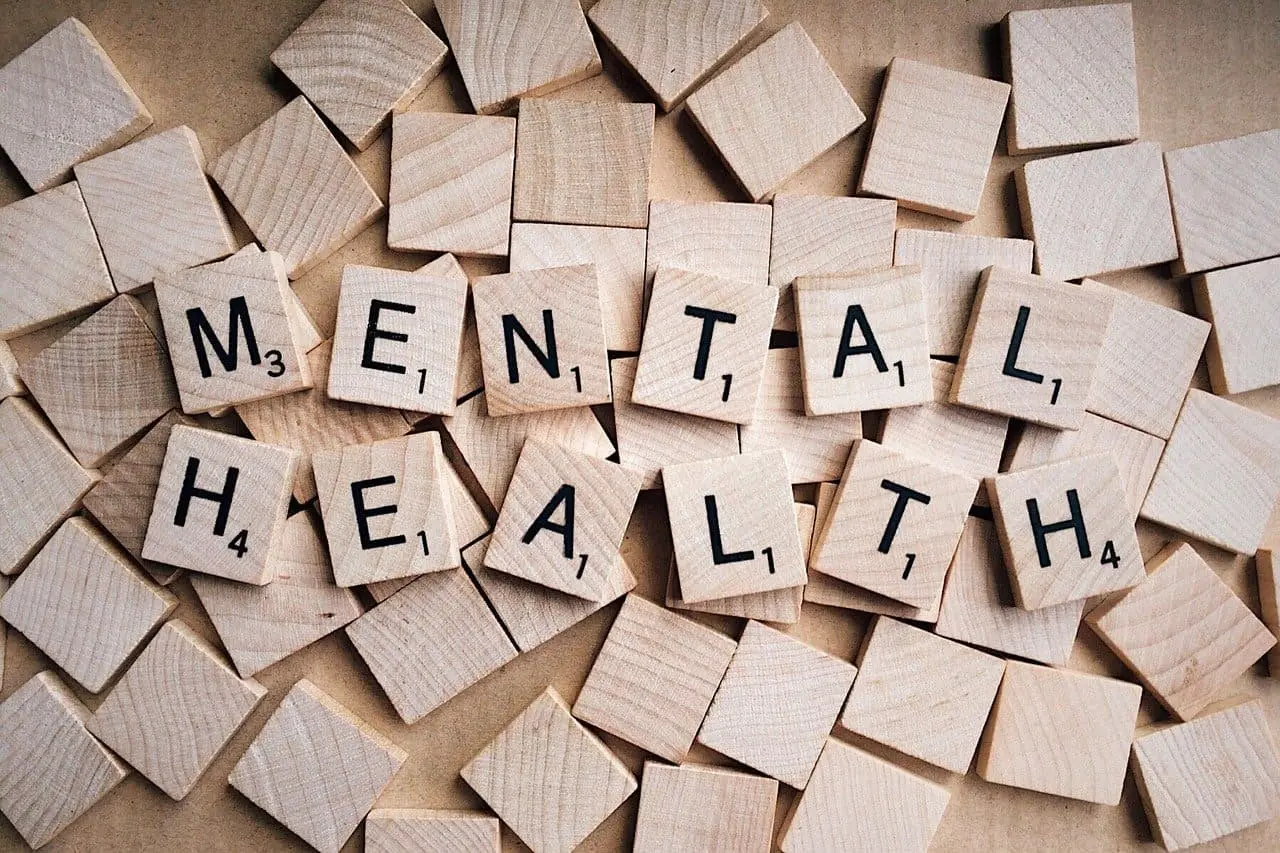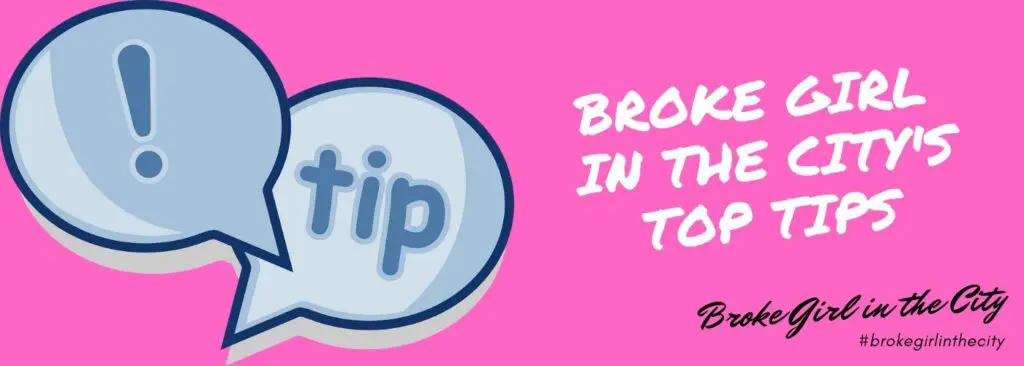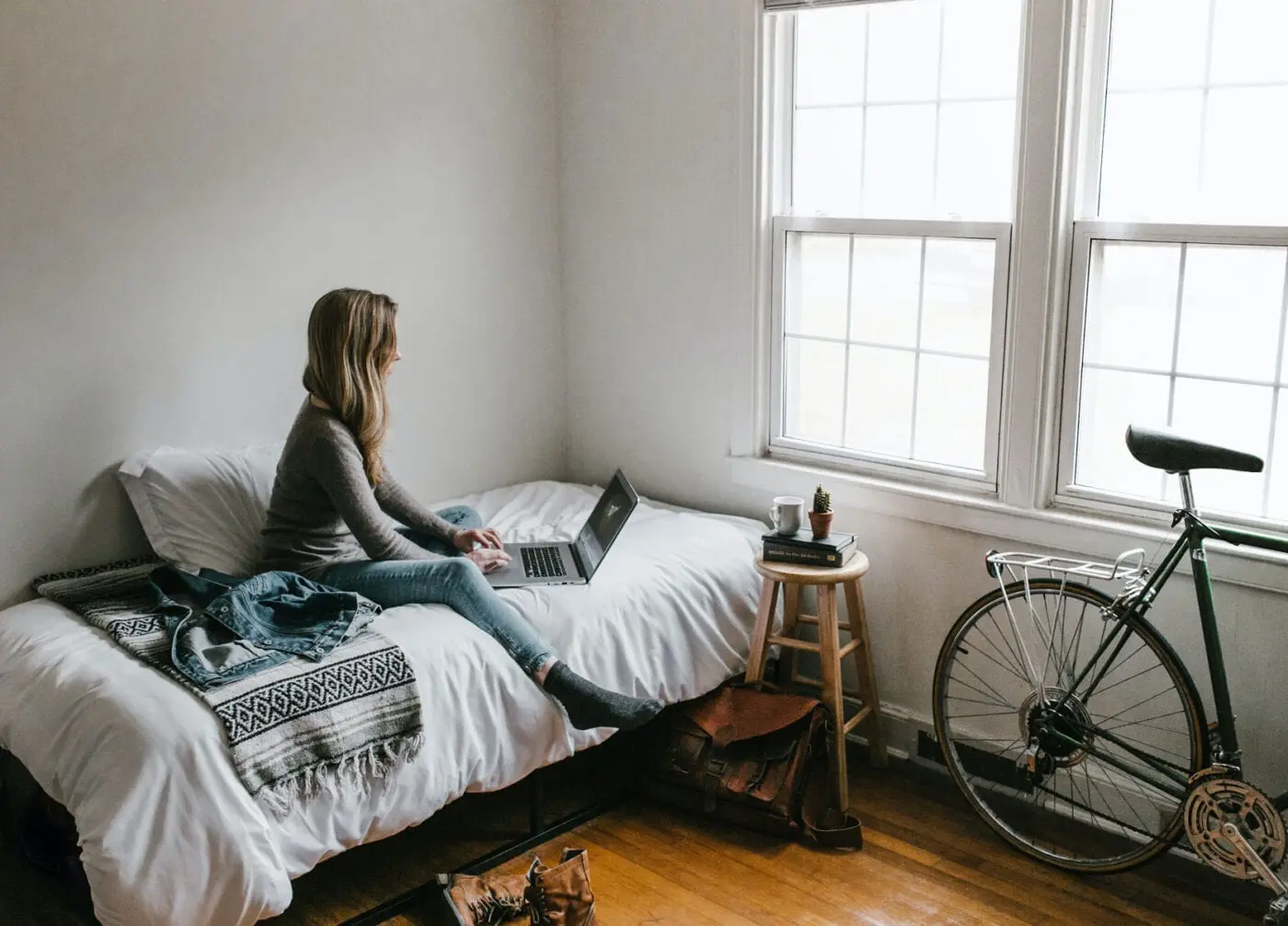
Shielding Announcement: Christmas in Tier 4
Once London moved into Tier 4, I realised it was only a matter of time before I would receive a shielding notice. I seem to have spent a lot of time in my bedroom in 2020, limiting my proximity to anyone because I am ‘clinically extremely vulnerable’. I thought I would share this guidance for others too.
Guidance for clinically extremely vulnerable people
On 19 December, the Prime Minister announced that some areas in the south and east of England would be subject to new local restrictions and be placed into Tier 4 from 20 December. This includes the area where you live and is due to a fast rise in infections caused by the spread of a new variant of COVID-19.
The new Tier 4 restrictions are rules that apply to everyone in your local area and which everyone must follow. The full details of these rules can be found online at https://www.gov.uk/coronavirus. The Prime Minister also set out changes to the Christmas bubble policy and confirmed that in Tier 4 areas Christmas can only be spent with your own regular household members.
We are writing to you because you have previously been identified as someone thought to be clinically extremely vulnerable and at highest risk of becoming very unwell if you catch COVID-19. This letter contains important advice on how to protect yourself and how to access further support and includes specific advice for clinically extremely vulnerable children and young people.
The Government is issuing new guidance to clinically extremely vulnerable people in these Tier 4 areas, setting out the help and support that is available to you. This is set out in the following pages and is the same as the advice that was in place during the national lockdown in November.
The bit that frustrates me: ‘Whilst you are strongly advised to follow these extra precautionary shielding measures to help keep yourself safe, this remains advice, not the law, so you can choose whether or not you want to follow it.’

Advice Summary
The advice states that you should stay at home as much as possible but are encouraged to go outdoors carefully to exercise or to attend health appointments. You are strongly advised to work from home if you can. If you cannot work from home, then you should not attend work. You may be eligible for the Coronavirus Job Retention Scheme (furlough). This letter is a formal shielding notification and can act as evidence for your employer to show that you cannot work outside your home until 18 January 2021, including for statutory sick pay (SSP) purposes.
This advice will apply in your area until 18 January 2021, even if your area is placed in a different tier before then. If the advice is to continue beyond that date, we will write to you again with further information.
This latest guidance is for clinically extremely vulnerable people in the following Tier 4 areas in England:
| Kent, Buckinghamshire, Berkshire, Surrey (excluding Waverley), Gosport, Havant, Portsmouth, Rother and Hastings; London (all 32 boroughs and the City of London); and the East of England (Bedford, Central Bedfordshire, Milton Keynes, Luton, Peterborough, Hertfordshire, Essex excluding Colchester, Uttlesford and Tendring). |
The full guidance can be found online at https://www.gov.uk/coronavirus. This is additional guidance specifically for clinically extremely vulnerable people, to help you protect themselves from the virus by following these shielding measures.
This guidance applies to clinically extremely vulnerable individuals only. Others living in a household with someone who is clinically extremely vulnerable are not advised to follow this guidance.
Socialising
The new advice at Tier 4, which applies to everyone in those areas, means that you should stay at home as much as possible, except for limited purposes which are set out in that guidance.
We are advising clinically extremely vulnerable people in these Tier 4 areas to stay at home as much as possible, except to go outdoors carefully for exercise or to attend health appointments.
You cannot meet indoors with friends and family you do not live with unless they are part of your support bubble. This is part of the wider regulations in place in your area.
Outdoors, you can only meet one person from another household. Try to stay 2 metres away from other people within your household, especially if they display symptoms of the virus or have been advised to self-isolate.
Try to keep all contact with others to a minimum and avoid busy areas. Whenever you go out continue to maintain strict social distancing, wash your hands regularly and avoid touching your face.
Work
You are strongly advised to work from home if you can. If you cannot work from home, then you should not attend work for this period of restrictions.
If you cannot work from home, your employer may be able to furlough you under the Coronavirus Job Retention Scheme, which has been extended until the end of April 2021. You should have a conversation with your employer about whether this is possible.
If you cannot work from home or cannot be furloughed. You may be eligible for Statutory Sick Pay (SSP) or Employment Support Allowance (ESA) or Universal Credit (UC). This letter is evidence for your employer and or the Department of Work and Pensions that you are advised to shield and may be eligible for SSP, ESA or UC. Other eligibility criteria will apply.
Other people you live with who are not clinically extremely vulnerable themselves can still attend work if they cannot work from home, in line with Tier 4 rules in your area.
Education settings
Our current evidence shows that there is a very low risk of children becoming very unwell from COVID-19, even for children with existing health conditions. Most children originally identified as clinically extremely vulnerable no longer need to follow this advice. Speak to your GP or specialist clinician if you have not already done so, to understand whether your child should still be classed as clinically extremely vulnerable.
Those children whose doctors have confirmed they are still clinically extremely vulnerable are advised not to attend school whilst this advice is in place. Adult students considered clinically extremely vulnerable should also not attend school or college. Your school will make appropriate arrangements for you to be able to continue your education at home. People who live with someone who is clinically extremely vulnerable, but who is not clinically extremely vulnerable themselves, should still attend school.
Travel
You should avoid all non-essential travel by private or public transport, this includes not travelling to work, school or the shops. You should still ensure you have regular follow-ups and treatment for your health conditions. If remote consultations are unavailable or insufficient, travel to hospital and GP appointments unless told otherwise by your doctor, but you may wish to check how to do this as safely as possible: https://www.gov.uk/guidance/coronavirus-covid-19-safer-travel-guidance-for-passengers. If you need help to travel to an appointment, you can speak to your healthcare professional to arrange transport support. They may be able to arrange this with NHS Volunteer Responders.
Shopping
You are advised not to go to the shops. Use online shopping if you can, or ask others to collect and deliver shopping for you (friends and family, local volunteers coordinated by charities and local councils or NHS Volunteer Responders). If you already have a priority delivery slot with a supermarket that will continue, you do not need to do anything further.
If you cannot access food, your local council can offer support. This may include helping you to request a priority supermarket delivery slot (if you do not already have one) or help with shopping. See below for details on how to register for support.
Medicines
You are advised not to go to a pharmacy.
You are encouraged in the first instance to ask a friend, family member, carer or a volunteer (for example one of the NHS Volunteer Responders) to collect your medicines for you. If none of these is available, then you will be eligible for free medicines delivery.
Please contact your pharmacy to inform them that you are clinically extremely vulnerable and need your medicines delivered, and they will arrange this free of charge.
Accessing care and support
It is important that you continue to receive the care and support you need to help you stay safe and well.
We urge you to continue to seek support from the NHS and other health providers for your existing health conditions and any new health concerns.
You can access a range of NHS services from home, including ordering repeat prescriptions or contacting your health professional through an online consultation. To find out more visit https://www.nhs.uk/health-at-home, or download the NHS App. If you have an urgent medical need, call NHS 111 or, for a medical emergency, dial 999.
If you do need to receive care in person, you can. Your local NHS services are well prepared and will put in measures to keep you safe.
If you need to have a test for COVID-19 then you are able to attend a test site. You may want to think about attending at a quieter time or asking for a home test to be sent to you, in order to reduce your contact with other people. It is important that you have your test. More information about getting a COVID-19 test can be found at https://www.gov.uk/get-coronavirus-test.

Mental Health
It is also really important to look after your mental health. Go to the Every Mind Matters website for advice and practical steps that you can take to support your well-being and manage your mental health during this pandemic. If you or someone you care for are experiencing a mental health crisis, we urge you to make contact with a local health professional immediately.
Any carers or visitors who support you with your everyday needs or those of a child or young person in your care can continue to visit. They should follow social distancing guidance where close or personal contact is not required.
If you need any additional support to help you to follow this guidance, your local council may be able to help. You can contact your council and register for support at the Shielding Support website mentioned below.
You should also continue to access support from local charities and organisations, as well as NHS Volunteer Responders. As well as helping with shopping and medicines delivery. NHS Volunteer Responders can help with a regular, friendly phone call, and transport to and from medical appointments.
Call 0808 196 3646 between 8am and 8pm to arrange support or visit NHS Volunteer Responders website.
Registering for Support
You will be able to use the online service to register yourself, or on behalf of someone else, to:
| request access to a priority supermarket delivery slot (if you have already got priority supermarket deliveries, you will keep them).tell your council if you need support in order to follow this guidance that you are unable to arrange yourself and cannot be provided by friends, family or other support networksmake sure your details such as your address are up to date |
This online service can be found at https://www.gov.uk/coronavirus-shielding-support and is now live for you register for support. You’ll be asked for your NHS number, which you can find at the top of this letter. It is helpful if you register even if you do not have any support needs at this time so we know to focus on caring for others who need it. You can log in and update your needs if circumstances change at any time.
If you need to register your needs by phone, or have an urgent need, contact your local council directly.
Find out what help you might be able to get from your local council at https://www.gov.uk/coronavirus-local-help.

MY TOP 3 SHIELDING TIPS:
1. PHONE A FRIEND
Spending Christmas without family is difficult enough. Knowing you have to stay indoors once again until 18th January is quite tough mentally. My friends on Facebook have rallied around me, which is so lovely. Speak to friends and family daily to alleviate loneliness and frustration. The Government fully recognise that shielding was difficult on everyone’s mental health that first time around. That doesn’t mean it’s not tough now. Especially at a time when all we want to do it be with loved ones.
2. LOOK AFTER YOURSELF
It’s so tempting to not get dressed, or perform any sort of self-care routines right now. My hair is currently sitting in a permanent bun. My wardrobe is very limited given that I am not going out anywhere or seeing anyone other than my housemates. I decided my housemates wouldn’t want to see me walking around in a dressing gown all over Christmas. So I am trying to introduce some sort of routine into the endless days which stretch ahead. You must look after yourself.
3. USE THIS AS ‘ME’ TIME
I am using this time alone to write in my blog each day. When I had a full-time job, I worked quite long hours and then had a 3-4 hour daily commute on top so couldn’t write as much. So as much as we can spend this time focussing on the negatives. Choose to do some fun and nice things for yourself.
That concludes my NEW Lockdown Diaries series!
